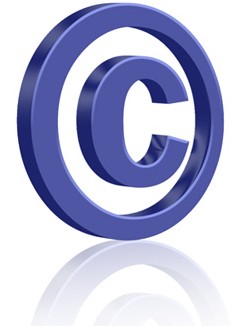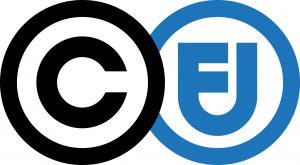Copyright
According to the United States Copyright Office, copyright is a form of protection grounded in the U.S. Constitution and granted by law for original works of authorship fixed in a tangible medium of expression. Copyright is used to protect an original work of authorship, including literary, musical, artistic, and dramatic works. Although it protects these, it does not protect facts, ideas, discoveries, systems, or methods of operation.
Fair Use
The United States Copyright Office defines “fair use” as a legal doctrine that promotes freedom of expression by permitting the unlicensed use of copyright-protected works in certain circumstances.
Fair use is determined through the following factors:
- Purpose and character of the use, including whether the use is of a commercial nature or is for nonprofit educational purposes
- Nature of the copyrighted work
- Amount and substantiality of the portion used in relation to the copyrighted work as a whole
- Effect of the use upon the potential market for or value of the copyrighted work
Certain types of uses—such as criticism, comment, news reporting, teaching, scholarship, and research—would be considered examples of activities that might qualify as fair use.
Fair Use VS Copyright
Copyright and fair use tend to be confused because of how similar they are to each other. While fair use allows you to use a work that has been protected by copyright, it does not allow you to claim said work as your own. Fair use only goes as far as being able to use it without making money off of it. A copyright gives you full ownership of the work, allowing you to claim it as your own and potentially make money off of it.
However, copyright does not give you any claim of ownership over something that uses your copyrighted work in fair use. This means that if someone were to teach a lesson that used one of your works, you could not be able to say that the lesson belonged to you.
Copyright and fair use act as a way to keep each other in check, with copyright protecting your work and fair use allowing you to use a work that is protected by copyright, as long as it is within the bounds of what is considered fair use.
References:
Copyright in General (FAQ) | U.S. Copyright Office. (n.d.). Retrieved from https://www.copyright.gov/help/faq/faq-general.html#what
Office, U. C. (n.d.). More Information on Fair Use | U.S. Copyright Office. Retrieved from https://www.copyright.gov/fair-use/more-info.html




